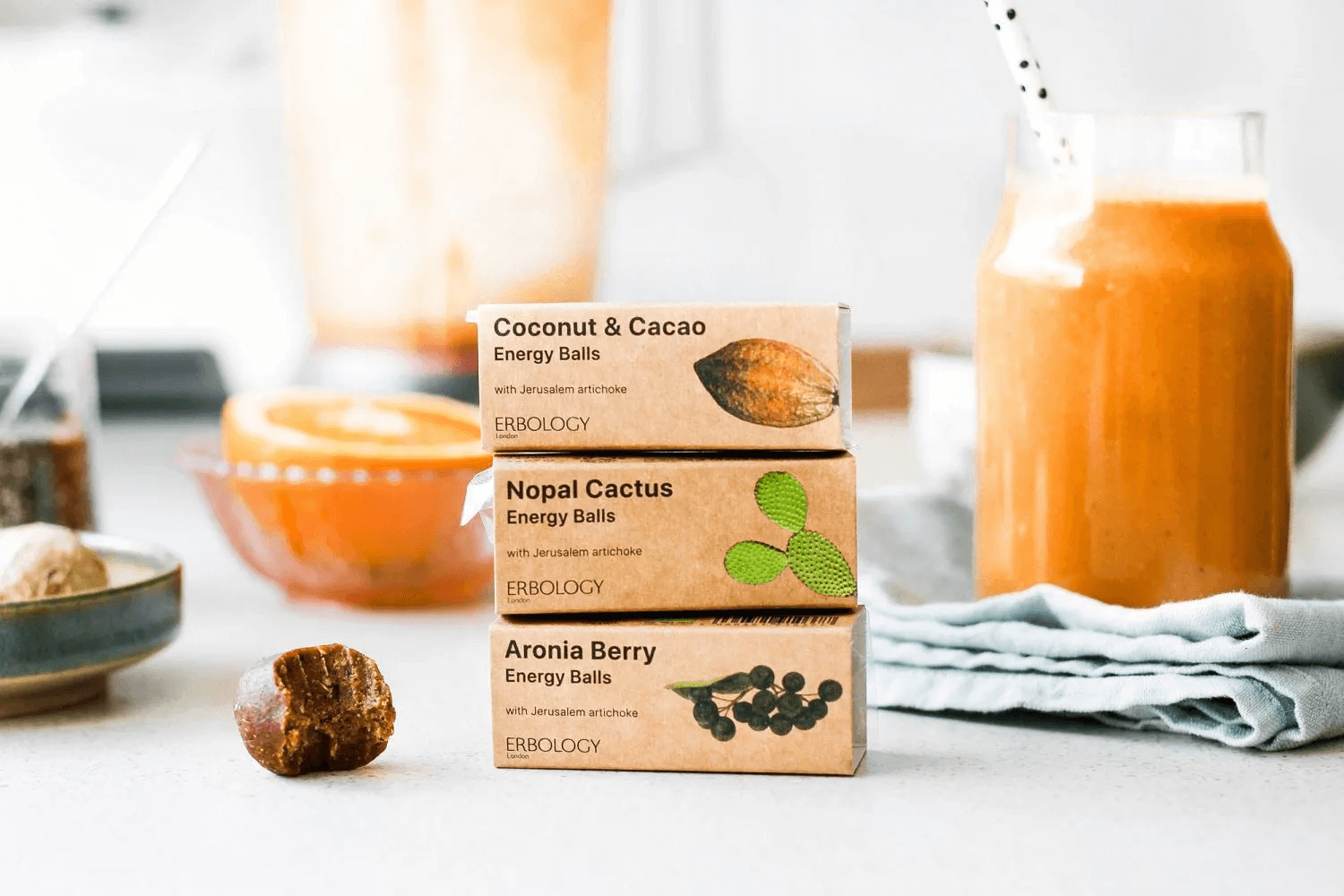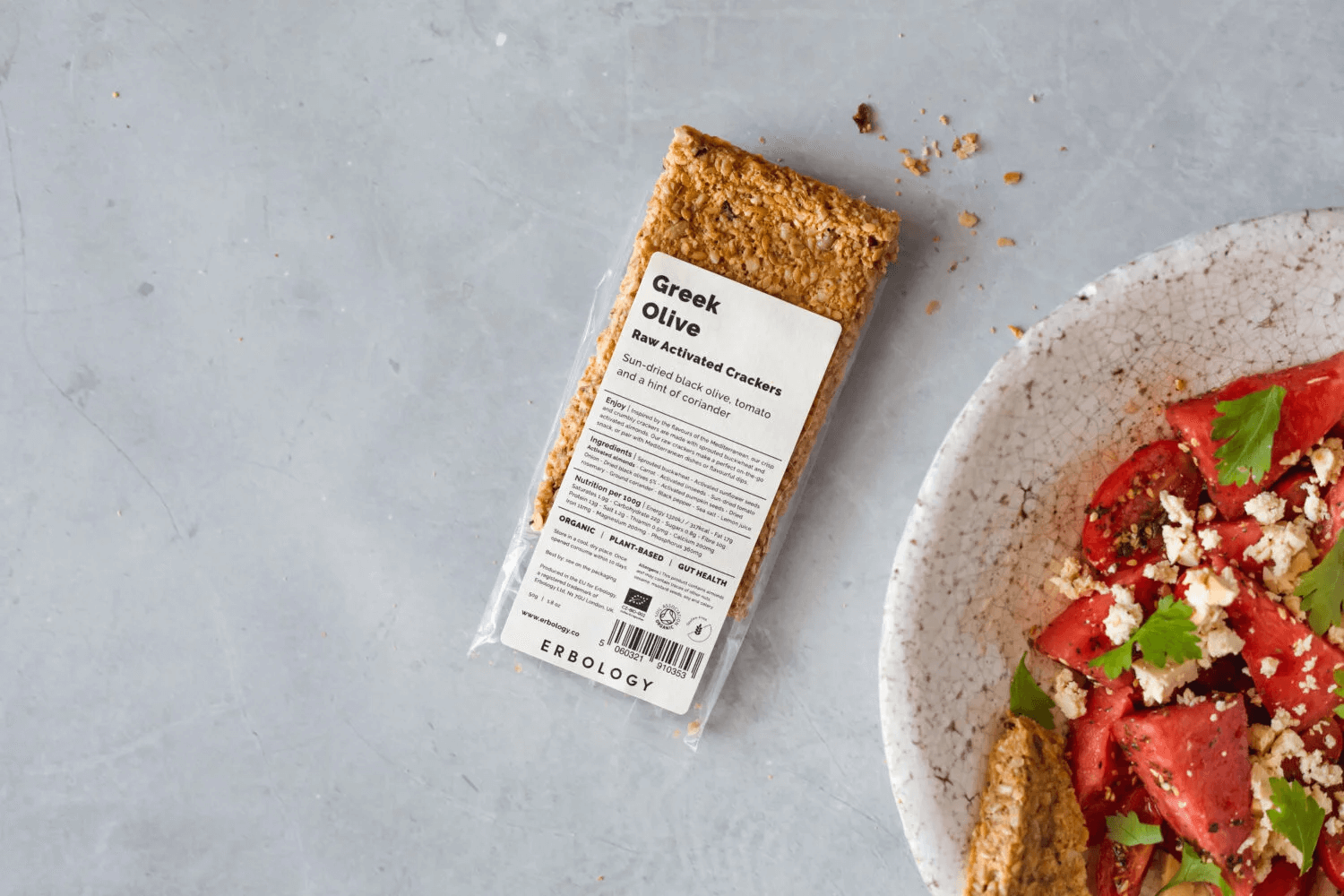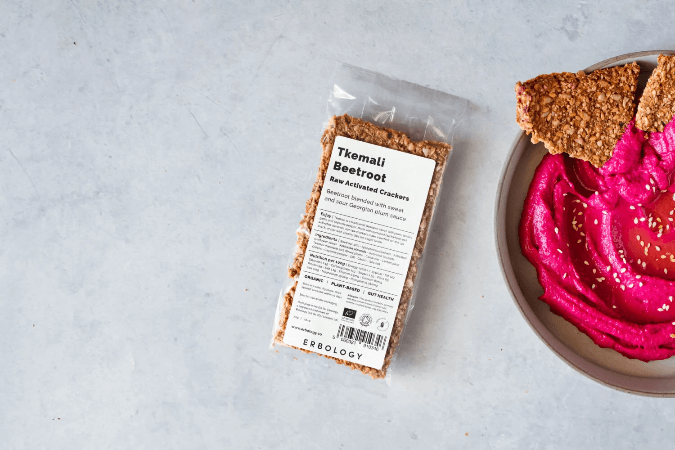04 Mar 2020
Top 10 best seeds to include in your diet
Thousands of years ago, our ancestors ate seeds seasonally. Our African and Australian forebears would gather seeds to parch, roast or soak in order to better digest them and absorb their nutrients.
Nowadays, we can get our hands on seeds all year round, but they are often overlooked in our diets. We know we should be eating fruits and vegetables, but there is far less information out there about seeds. And, while there's no officially mandated 'daily allowance' of these little kernels of goodness, there are plenty of reasons to make sure you're eating enough of them.
Seeds are packed full of nutrients. However, we're not always able to break down and absorb them. The answer? A simple process that our ancestors knew about all those years ago. Soaking the seeds in water, otherwise known as 'activating' them, makes their nutrients much more bioavailable to us.(1) That means we can access all the goodness inside seeds more efficiently.
But what are these nutrients, and why should we be bothered about seeds? To answer that question, let's go right back to the beginning.
What are seeds?
A seed is a developing plant, encased in a protective coating. Given time and the right conditions, it will germinate and grow into a fully-fledged plant.
Sounds simple? It is - but there is quite a bit of crossover between seeds and other food types. Take quinoa, buckwheat or chia, for example. All of these are officially titled 'pseudocereals'. That is, they are all technically seeds, but we cook, use and consume them like grains.
Seeds are a great source of plant-based protein, making them particularly important for people following a plant-based diet or people who exercise a lot. They also contain a host of other nutrients, varying dependent on the type. They can help you maintain stable blood sugar levels and fight free radicals, which can cause damage to your cells.
Eating activated seeds can help you to digest other foods more easily, and it's also possible that they help support weight loss (as part of a healthy diet and exercise routine). → View Related Products
10 best seeds for health
Determining a top ten list of the best seeds is a bit like making a list of your favourite '80s power ballads; it's somewhat dependent on personal taste.
However, the ones which have made it into our list are also bursting with healthy nutrients and come with their own special benefits. So, without further ado, let's take a look at our champions and why they have earned a place in our top ten.
undefined

Organic Coconut & Cacao Energy Bites

Organic Greek Olive Snacks

Organic Tkemali Beetroot Snacks

Organic Coconut & Cacao Energy Bites

Organic Greek Olive Snacks
